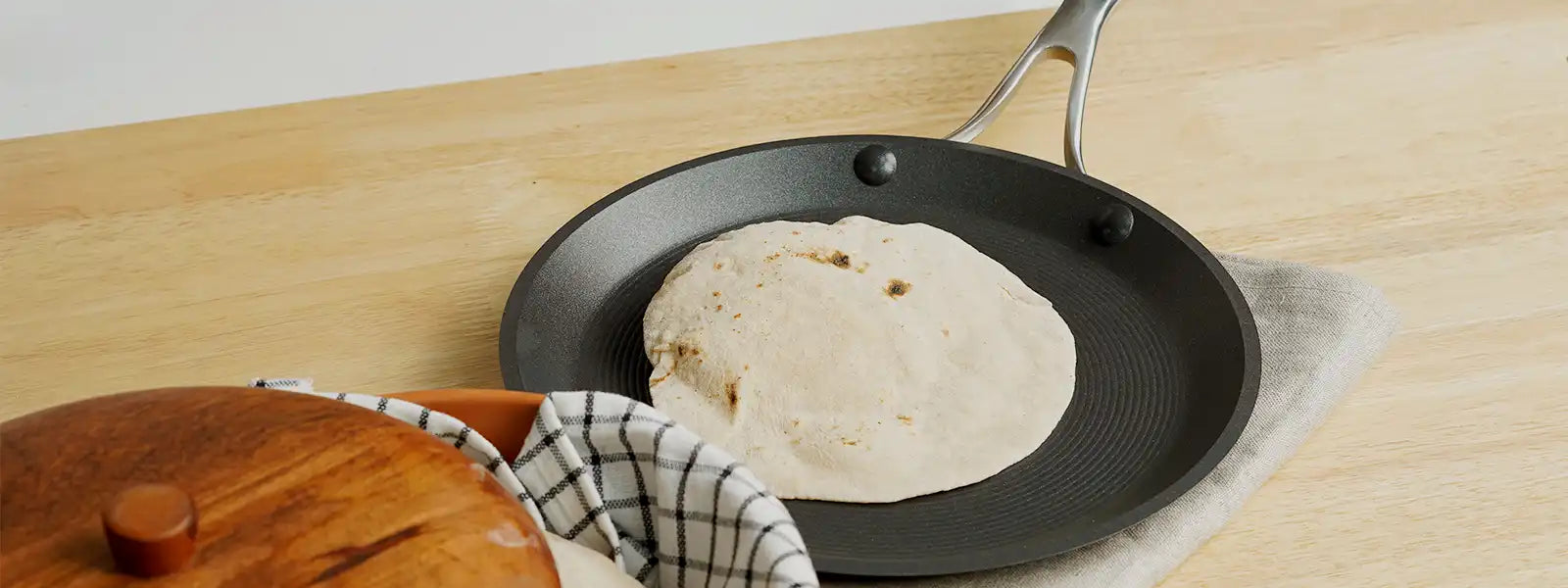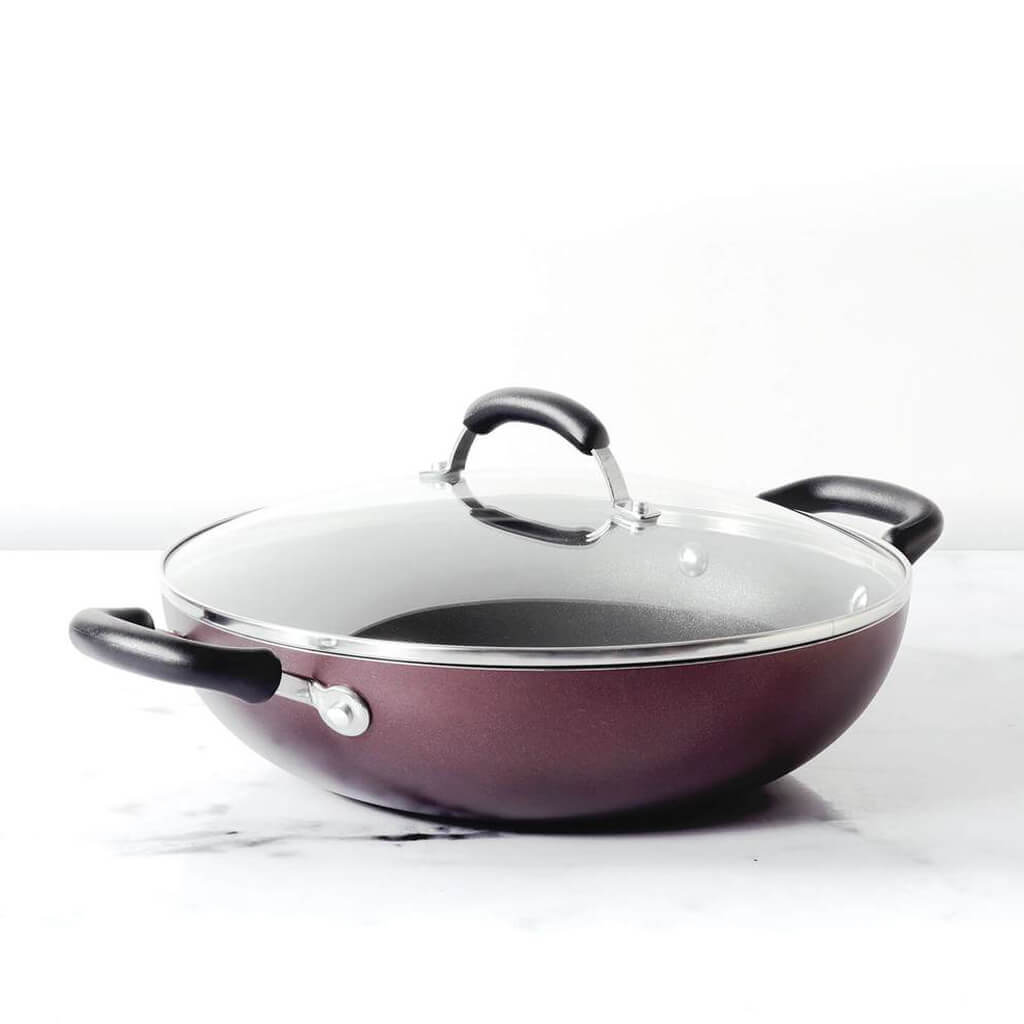Haritaki, revered as the "King of Medicines," is a remarkable ayurvedic fruit that is widely utilised for a variety of conventional treatments. It is commonly known as Indian walnut or Indian hog plum in English and is grown from the seeds of the Terminalia chebula tree.
Haritaki, which is technically the fruit of the deciduous myrobalan plum tree, is regarded as a crucial herb in Indian traditional medical systems Ayurveda and Siddha. The fruit is oblong, tiny, and measures less than an inch.
Table of Contents
About Haritaki:
This dried fruit, also known as Chebulic myrobalan, is one of the three musketeers that make up the very effective Triphala formulation, which has rejuvenating properties. Due to its intense laxative, astringent, purgative, anti-bilious, and antioxidant capabilities for treating a variety of health abnormalities, the holistic science of Ayurveda strongly supports the usage of haritaki.
According to ancient mythology, this miraculous tree was created when a drop of amrit, an immortal nectar, fell to the ground. Consequently, it is regarded as a plant that promotes youth and a quick fix for a number of diseases.
The fruits are frequently harvested when they are still fresh and green, after which they are dried until they are golden or black. After that, they are pulverised and turned into Ayurvedic medicines. The location, colour, and form of the fruit all affect its medicinal value.
Types of Haritaki:
The Vindhya mountain ranges are the source of Vijaya Haritaki, which is utilised to treat the majority of illnesses.
Chetaki Haritaki: The fruit's three-layered peel, which is predominantly found in the Himachal areas, is used for purgation.
Rohini Haritaki: The round fruits of this kind of haritaki are used mostly for treating wounds and as a preventative measure against the side effects of ingesting dangerous chemicals. In the Sindh areas, they are commonly cultivated.
Putna Haritaki: This variety's petite, heavily seeded fruits are often found in the Himalayan areas and are mostly utilised for exterior applications.
Jayanti Haritaki: The tree grows in Gujarat Saurashtra area and has yellow blossoms as well as dried fruits that are used to treat a variety of illnesses.
Abhaya Haritaki: This cultivar is grown in Chhattisgarh Champa areas, and its five-layered fruit skin is believed to heal eye conditions.
Amrita Haritaki: This Haritaki variety is native to the Champa Bhagalpur districts and has a thick fruit pulp with Panchakarma characteristics.
Nutritional value of Haritaki:
Ingredients in haritaki include those with anticancer, antimicrobial, antidiabetic, and anti-oxidant activities that are known to have therapeutic benefits. Haritaki is incredibly nourishing since it contains vital proteins, vitamins, and minerals. It contains iron, copper, manganese, selenite, potassium, and vitamin C. The plant compounds tannic acid, gallic acid, palmitic acid, stearic acid, and behenic acid are also present.
Health benefits of Haritaki:
Haritaki is said to have the ability to enhance the health of the skin, hair, and nails since it is a revitalising, regenerating plant with antioxidant characteristics.
Benefits of Haritaki Powder for Hair
In the form of Haritaki herbal oil, which is made by heating a cup of coconut oil in a skillet with three Haritaki pods until the outer shell breaks and the mixture turns brown, the powdered form of the herb appears to be particularly effective for treating hair loss. Infections like lice and dandruff are also avoided with haritaki oil.
Haritaki Treats Pimples and Ulcers
Due to its powerful antibacterial qualities, haritaki powder is a highly efficient remedy for acne and ulcers. Make a paste out of haritaki powder, boiling water, and apply it on skin that has acne and ulcerations.
Helpful for constipation: Haritaki
Haritaki aids in digestion and fights constipation with its dietary fibre and natural laxative properties. Haritaki should be taken as a powder with water if you are constipated. Take haritaki fruit, remove the seed, and sun-dry the pill. Then, take the peel and crush it to get haritaki powder.
Fight Skin Allergies with Haritaki
In skincare, haritaki powder is quite helpful. It combats skin allergies. The best treatment for these issues is haritaki paste. By applying a haritaki fruit on a sandal stone and rubbing it with a small quantity of heated water, you may create this light-green haritaki powder paste. Apply the paste to the skin that is diseased.
Cold & Flu Prevention by Haritaki
Haritaki offers immunity to colds and coughs. Take haritaki powder and honey together to treat a cough and cold. Additionally, it treats gingivitis and a sore throat.
A Haritaki Powder Diabetes Cure
Haritaki lowers insulin sensitivity in the body and aids with blood sugar regulation.
Benefits of Haritaki for Weight Loss
Haritaki powder aids in detoxification and maintains a healthy digestive tract. Natural blood purifier haritaki. When taken as a powder, haritaki controls appetite and, when paired with a healthy diet and exercise, promotes weight reduction.
Increase immunity
Regular use of ghee-fried Haritaki powder strengthens the immune system and lengthens life.
Enhances heart health
The cardiac muscles become more powerful as blood purity rises. Haritaki aids in blood purification, which has the effect of halting the accumulation of fat in arteries, particularly the coronary artery. When these outcomes occur, they result in lowered blood pressure, a robust heart, and clean arteries.












Leave a comment